The New Magnetism of “Alt” Mosel
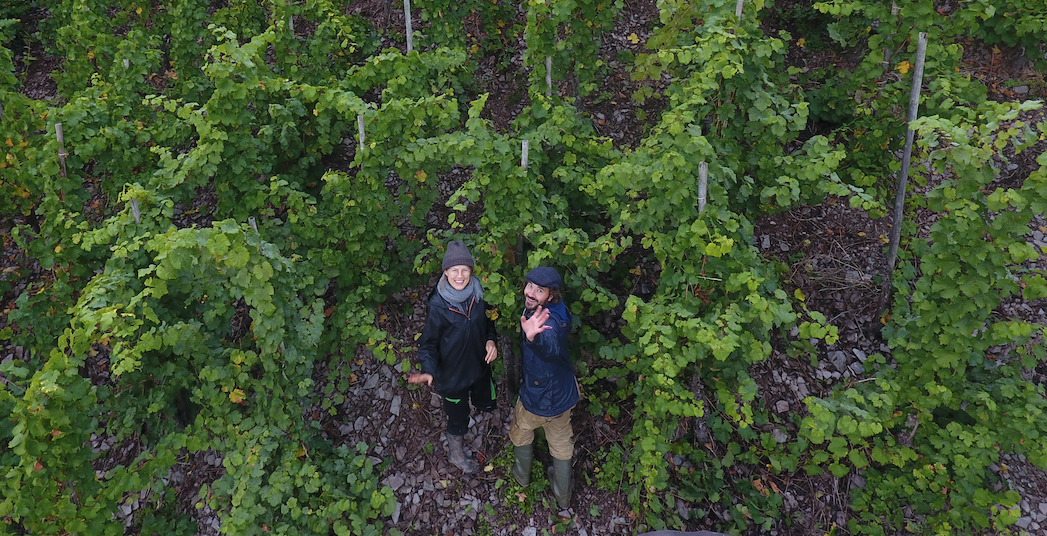
Abandoned vineyards and hard work are opening opportunities for young growers to try their hands a wine growing and making on the Mosel.

Abandoned vineyards and hard work are opening opportunities for young growers to try their hands a wine growing and making on the Mosel.
Writer, Editor, Publisher
Valerie Kathawala specializes in the wines of Germany, Austria, South Tyrol, and Switzerland, as well as those closer to her home in New York City. Her work appears in the pages of Noble Rot, Full Pour, SevenFifty Daily, Meininger’s Wine Business International, Pipette, Glug, Pellicle, and a number of other tolerant publications.
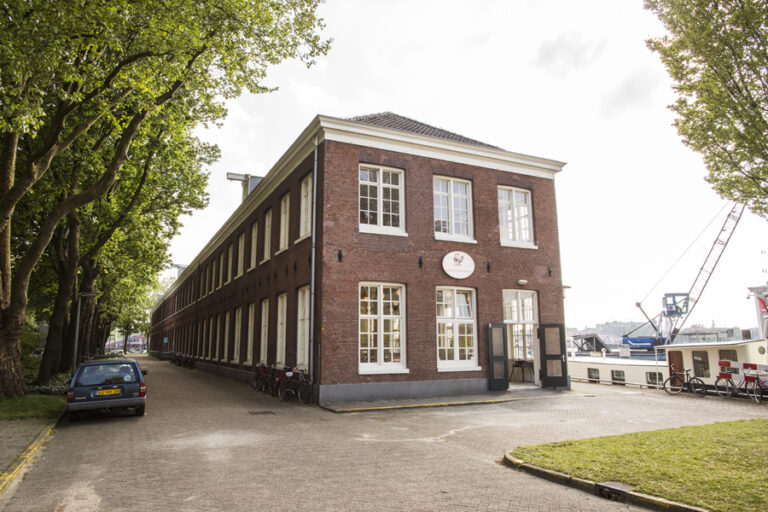
“When I started drinking wine, wine was French,” my father told me recently over dinner at Scheepskameel, a Dutch restaurant known for its excellent wine menu. He never spends more than 10 euro on a bottle, and rarely drinks white, but that evening he unexpectedly admitted, he preferred our glass of German Riesling to our bottle of red Bordeaux. A few days later, I hosted a Riesling tasting for some serious wine friends. They have accounts with posh traders and their own cellars, which are typically stocked with Burgundies and Bordeaux. They were impressed. But, I wondered, would they buy…...
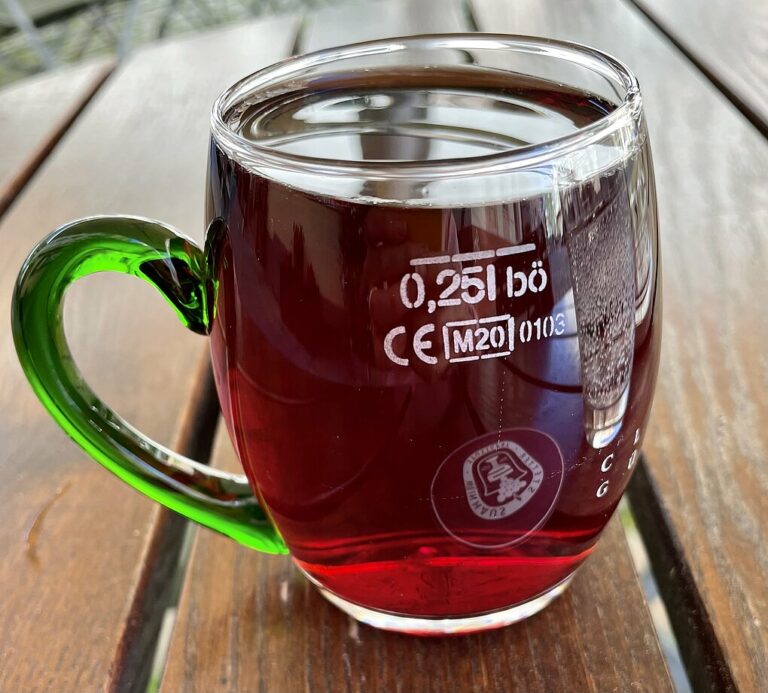
Trollinger was long decried as a poor excuse of a wine. Increasingly, growers and drinkers beg to differ.
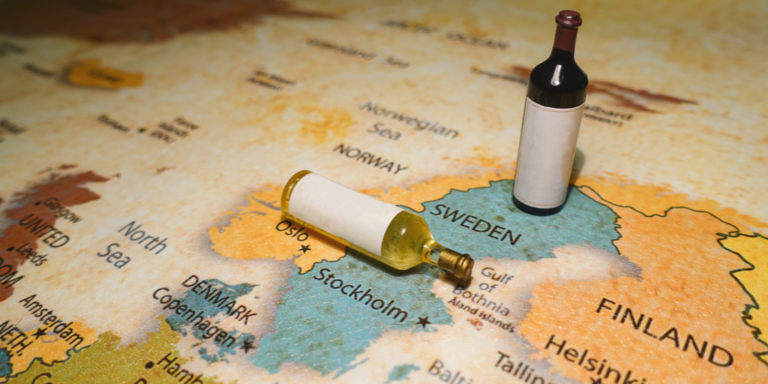
For decades, America was indeed the promised land: A vast nation of eager consumers with a low bar for entry. German winemakers were among the throng of sellers vying to win a sliver of Americans’ massive spending power. But times — along with politics and tariffs — have changed. Now, German winemakers are finding that their most loyal and free-spending audience may actually be up north. How Did We Get Here? The public’s perception of German wine is capricious; more so, arguably, than that of any other wine-producing nation. After rising to prominence over the 19th century, German wine suffered…...
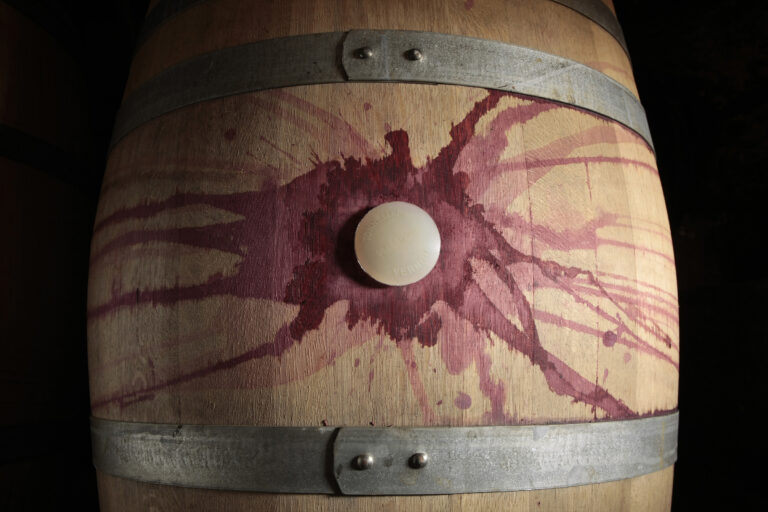
Germany seems to require an official examination for everything. Qualitätsweine (“quality wines”) are no exception. Those that fail the test are slapped with the Landwein label. In April 2015, a group of top growers from Baden, deep in Germany’s southwest, joined forces to rebel against the official inspection system. Flouting what officials would think of as a demotion, they decided to wear Landwein as a badge of honor. Baden has long been seen as the kinder, more conventional Germany. Thus Landwein is a direct challenge to that sensibility, one that takes on more significance because it seemed the unlikeliest of places for revolt. It happened the way so many…...
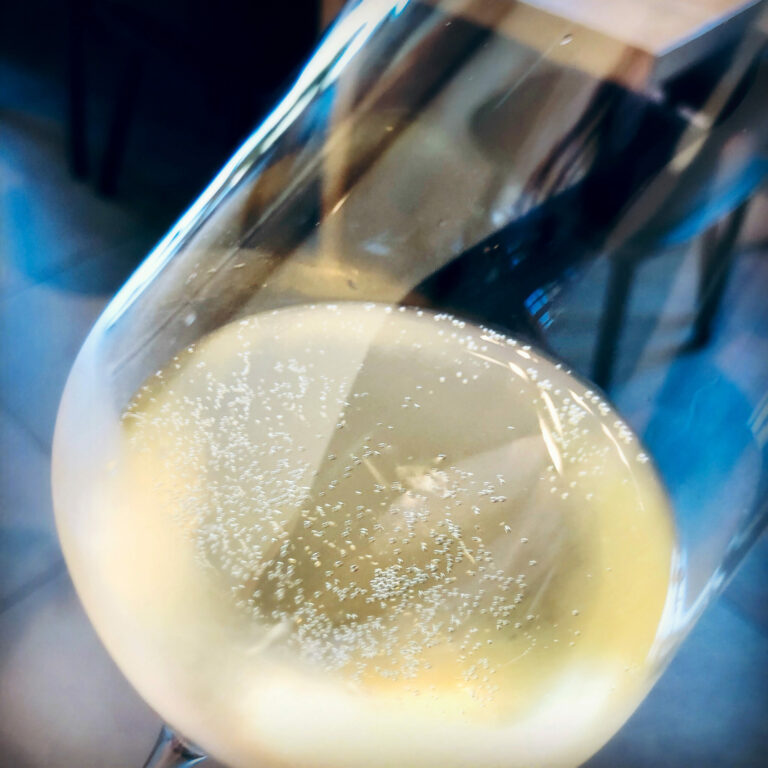
It is Friday night and I’m terrified. In 24 hours, a top sommelier is coming to our house for dinner. A sommelier who puts together the wine lists for a global restaurant group; a sommelier who has spent over 30 years training more somms than I’ve seen typos on a wine list; a sommelier who matches food and wine the way the rest of us match our Sunday outfits. And tomorrow, I’m responsible for the wine. My wife draws up a shopping list for the meal, blissfully unconcerned. “We’re not a restaurant,” she says, “why should she expect Michelin-starred cooking?”…...
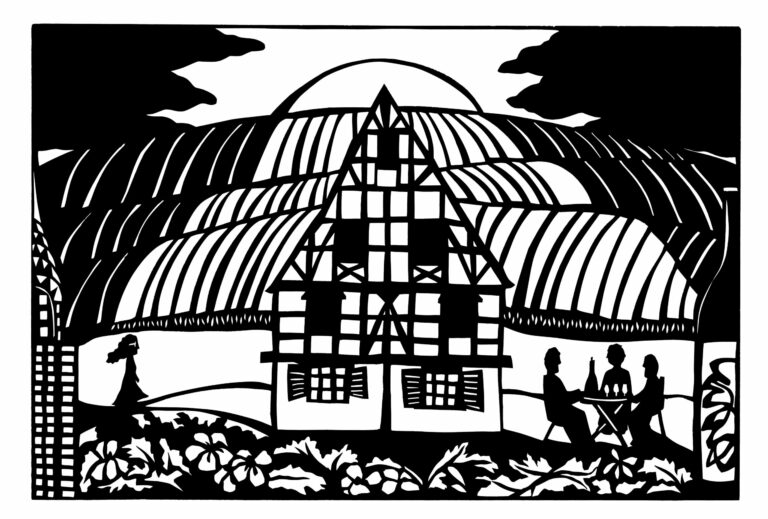
For a Jewish baby boomer like me, the Holocaust was always part of my DNA. Yet, I was not the child of survivors. My Polish grandparents were safely in the United States by the 1920s. The family they left behind were mostly killed. In yeshiva, where I spent a dozen years splitting my curriculum between religious and secular studies, we were frequently subjected to footage of emaciated bodies, piled up for burning or disposal. Teachers didn’t hide the numbers tattooed on their arms. But the personal horror stories my cousins told of Polish concentration camps and ghettos were the images…...
Enjoy unlimited access to TRINK! | Subscribe Today